
Ex-Palestinian Workers In Israel Embrace Agriculture To Sustain Their Families: Watch PNN Report
They did not wait for permits to return to work in the occupied interior. Instead, they made the decision to find a source of income for themselves and their families by returning to agriculture. This decision was driven by the need to protect the land and economic reasons. Thus, 75 workers who had previously worked in Israel turned to cultivating various types of vegetables in greenhouses in the village of Beit Dajan in the Nablus Governorate.
In Beit Dajan, a village located east of Nablus and about 10 km away from it, dozens of workers refused to give up. The village spans 360 dunams of urban area, with a total land area of 48,000 dunams, part of which falls under Area C. These workers have cultivated vegetables on more than 100 dunams of land in private greenhouses. This effort is a direct challenge to the occupation's policy of preventing them from returning to work in Israel following October 7, and in response to the ongoing genocide in the Gaza Strip and the continuous siege on the West Bank.
Speaking to the Palestine News Network (PNN), Abu Jeash said, "I worked in Israel for 10 years, but after October 7, I found myself jobless. I was without work for four months with no prospects of returning to my job in Israel. Then, I had the idea of turning to agriculture. I initially proposed the idea to my family, who liked it and encouraged me. I then discussed it with the other 75 workers, who also welcomed the idea. We approached the village council and informed them of our desire to engage in agriculture, particularly since there is a considerable amount of fertile land in the village, albeit classified as Area C, lacking road networks, water pipelines, and electricity."
Abu Jeash adds that the village council provided them with an agricultural road and an electricity network, while the Agricultural Relief Association supplied three water wells.
Abu Jeash notes that the initial conditions were tough, given the lack of income sources. However, the desire and determination to succeed, along with the support and encouragement of family and those around them, helped bring the idea to fruition.
The farmer pointed out that settlements are concentrated on the edges of the village, with thousands of dunams of citizens' lands confiscated. He explained that their primary goal in farming is to secure and protect the land from settlement, in addition to the economic objective. He mentioned that the area is now bustling with workers who rely on agriculture as a source of income.
Abu Jeash initially had concerns about the success of farming in greenhouses and whether the produce would be marketable. Despite the low prices, he said, the situation is positive, with a high demand for their produce. The entire crop, which includes tomatoes, peppers, and eggplants, is being marketed and sold to nearby shops, the Beta market, and various traders.
Regarding his aspirations for the future, Abu Jeash expressed his hope to establish four more greenhouses and expand his work further, despite the high cost of a single greenhouse, which amounts to 43,000 shekels.
Regarding the possibility of returning to work in Israel if the situation in the West Bank improves, farmer Abu Jeash asserts that he has decided not to return. He sends a message to all workers: everyone can start working in agriculture, industry, or other fields, adding, "We want to rebuild our country."
Abu Jeash speaks about the support and happiness of his family with this work, saying, "Every morning, the children tell me, 'Let's go down to the land,' and they feel it is enjoyable and like a trip. I feel happy while working on the land."
As for the financial aspect of this work, Jeash acknowledges that it is not as lucrative as his previous earnings in Israel. However, he notes that the difference in this work is that one becomes the decision-maker, owning the place rather than merely working in it.
Suhad Abu Jeash, a teacher at a private school-School of Education and Creativity-in Beit Furik, shares her experience working in the greenhouse. She says she helps her husband, although it was initially challenging due to her lack of prior experience in agriculture. However, with training and observing her husband's farming techniques, she gradually learned. She adds that when her husband proposed the idea, she was enthusiastic and supportive, especially since it would provide an income for their seven-member family.
Hafez Abu Jeash, a young man, explains that he has been working with his father in vegetable farming for about four months. He says, "I pick tomatoes and pack them in cartons." He adds that the work in the greenhouse began on March 15th of last year, and he hopes to master his skills and become a creative farmer.
This story was produced as part of the“Qarib” program implemented by the French Media Development Agency (CFI) in partnership and funded by the French Development Agency (AFD).
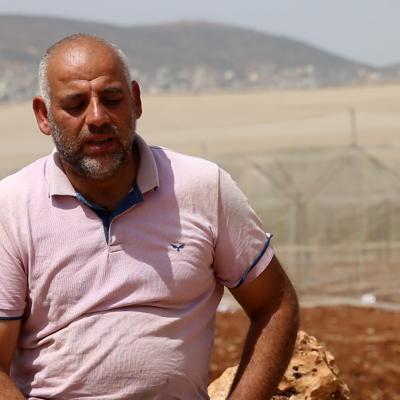
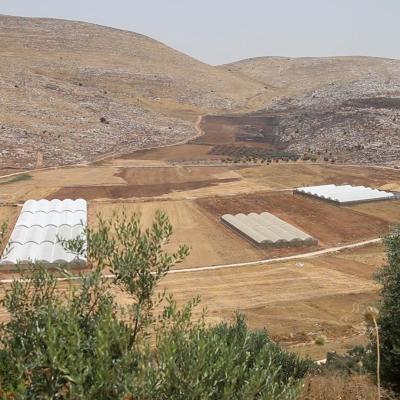
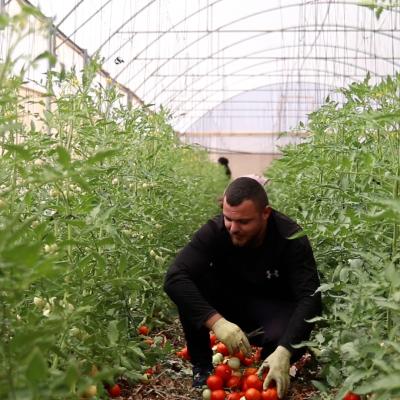
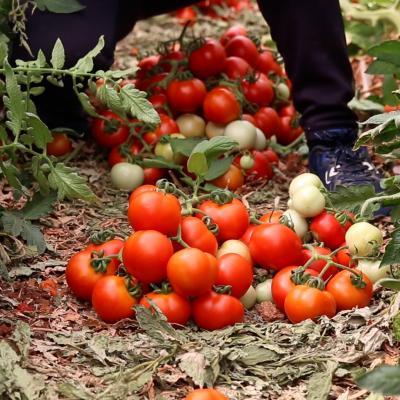
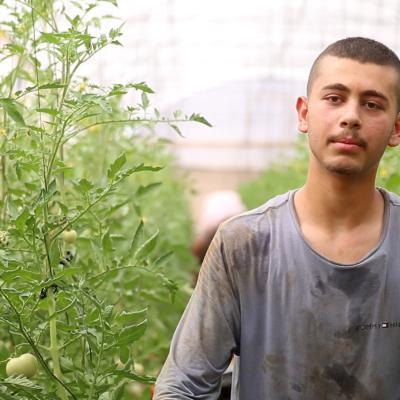
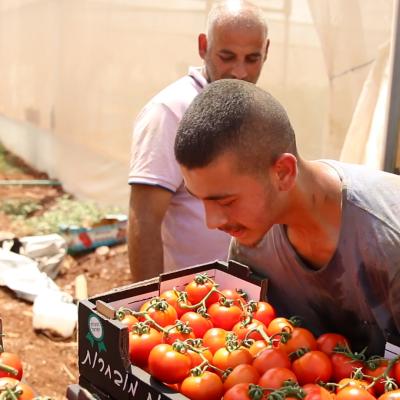
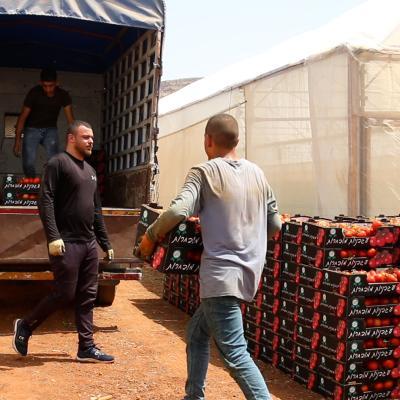
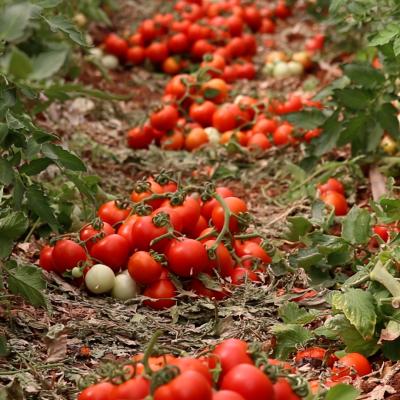
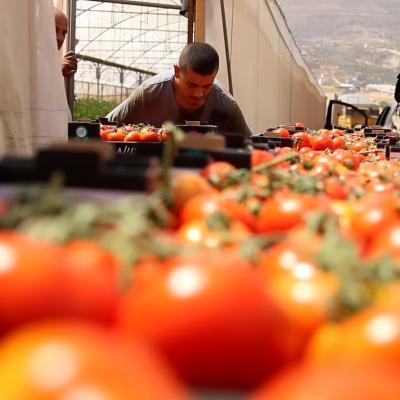
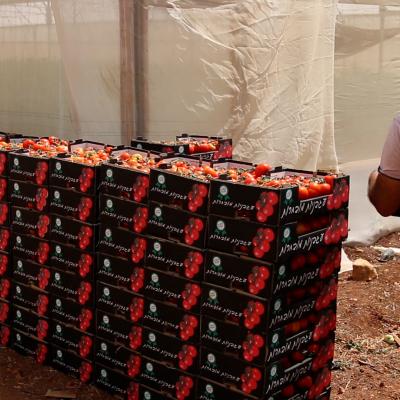
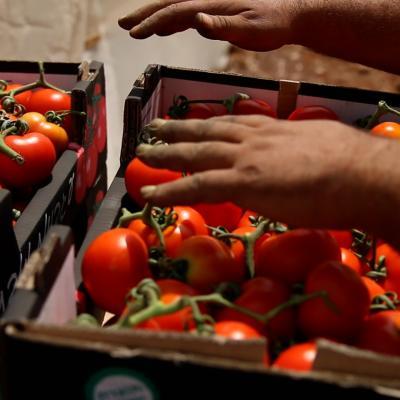
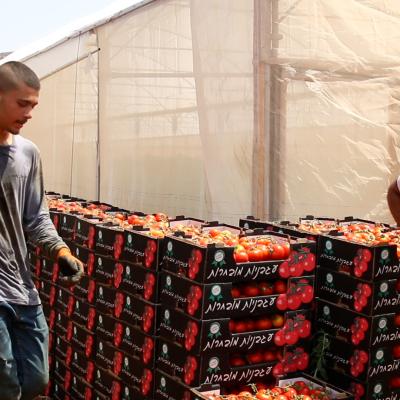
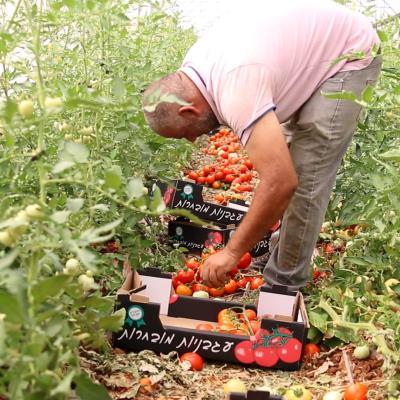
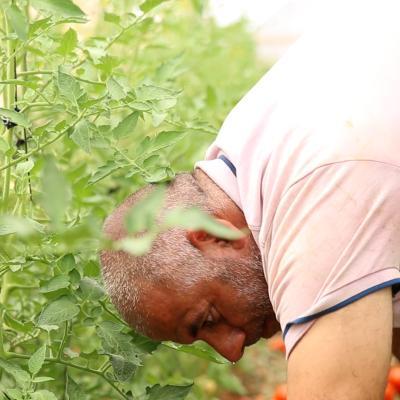
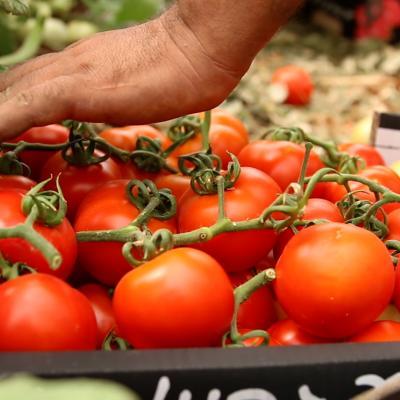
Legal Disclaimer:
MENAFN provides the
information “as is” without warranty of any kind. We do not accept
any responsibility or liability for the accuracy, content, images,
videos, licenses, completeness, legality, or reliability of the information
contained in this article. If you have any complaints or copyright
issues related to this article, kindly contact the provider above.

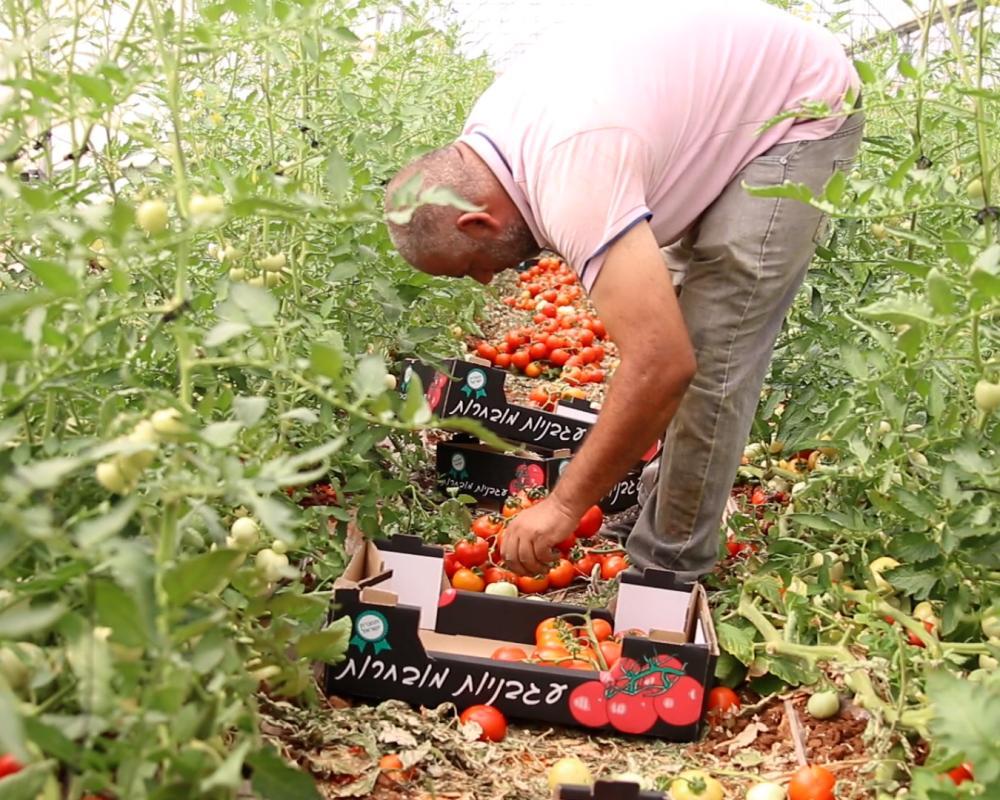















Comments
No comment